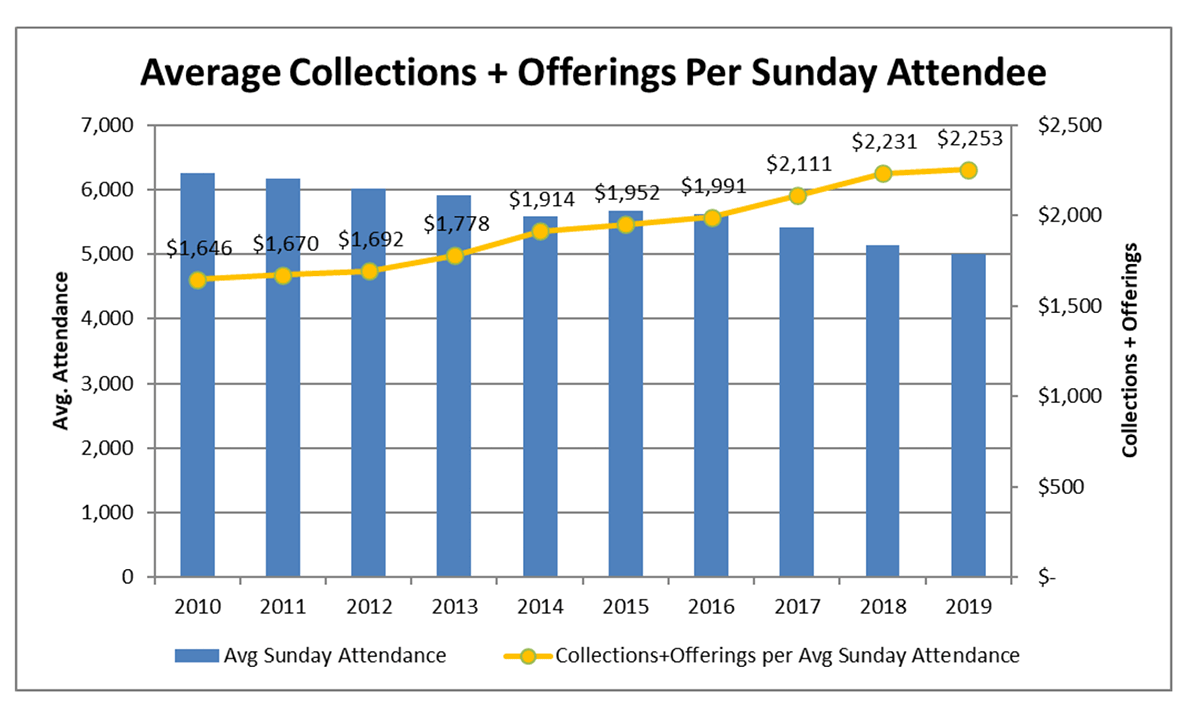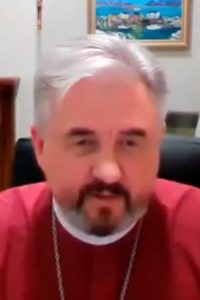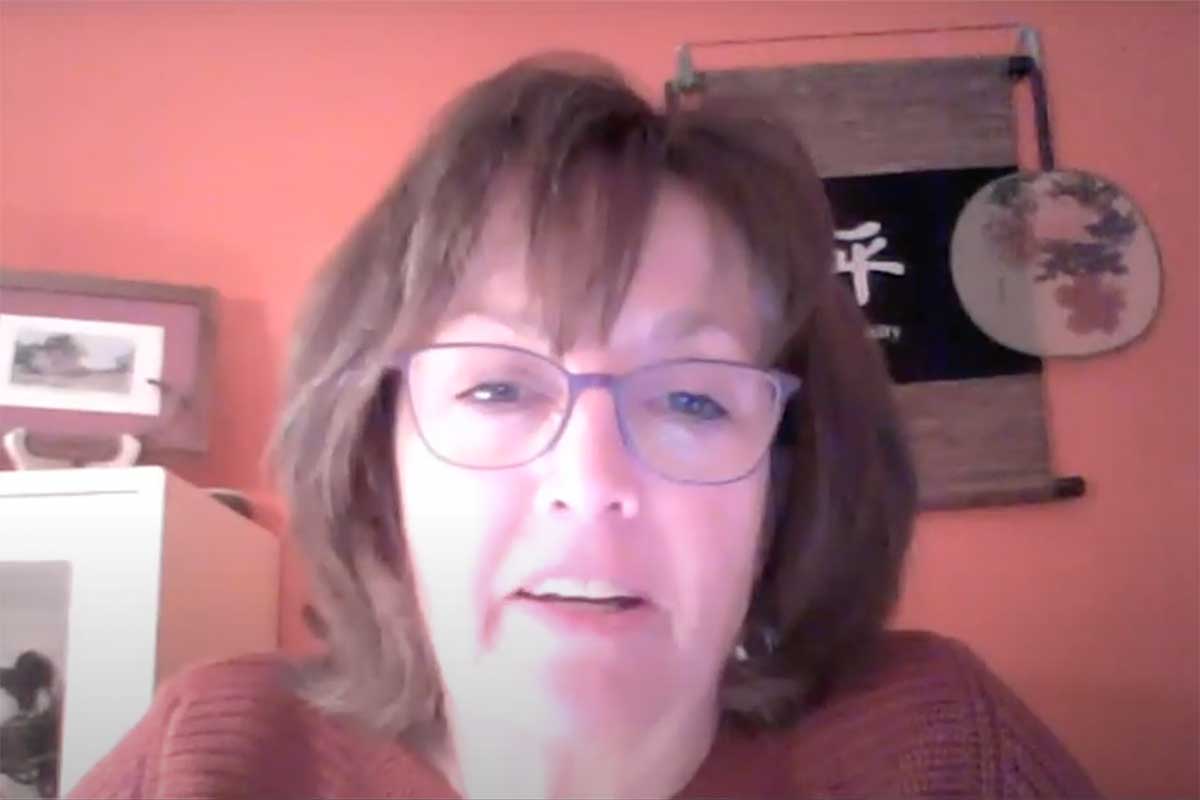As representatives from parishes across the diocese came together for the online launch of the second phase of the Shape of Parish Ministry Consultation (SPMC) on Feb. 2, SPMC team members presented some numbers gathered during the first phase that highlighted some stark challenges and the need for change.
Barbara Gagné showed the online audience some graphs based on the statistical information the parishes had shared with the committee. The graphs showed that:
The population of the diocese is aging, with 57% of members being over the age of 60 and the number of young families trailing the Canadian average
The decline in average Sunday attendance in 2019 as compared to 2010 was 20 percent.

Annual revenue was still increasing, but Gagné pointed out that that was set against a backdrop of declining attendance. “That means that the financial responsibilities are being shouldered by fewer and fewer,” she explained.
Although some deaneries were stronger and others weaker financially, combined offerings (collections and open offerings) for the Diocese overall totalled more than $10 million in 2019.
Context and encouragement
 Bishop Shane Parker spoke after that portion of the presentation, offering both context and encouragement.
Bishop Shane Parker spoke after that portion of the presentation, offering both context and encouragement.
“I believe very strongly, and all the data presented so succinctly by Barb, everything that we’ve said about ourselves, speaks to the fact that we are the generation that must address the challenges facing our parish ministry,” he said. “We continue to live in structures and in systems that have been in place since World War II if not earlier. … The context has changed almost completely since those structures and those systems were put in place.
We are a small minority in a plural, secular context. We can no longer build a church and assume that it will be populated by Anglicans. We need to change or we will continue to be changed in the way we have seen in our data over the last 10 years.”
The bishop asked everyone to approach the next phases of the process thinking about the future collectively as a diocesan church, one body with two arms—parish ministry and community ministry. He pointed out that this “body is quite strong. Our parish ministry arm can generate in excess of $10 million a year from the offerings of the faithful, let alone other sources of revenue. Our consolidated trust fund is in excess of $60 million. And we have all of the resources of each of you plus those who serve in our community ministries,” he said. “Our body is strong even though parts of our parish ministry are not strong at this time as you have seen….I firmly believe that the future of our parish ministry depends on our collective strength, resilience and resources.”
Anne Marie Clysdale explained more about the next stages of the SPMC process. “We’ve had an opportunity to work with the data you provided [about each parish in Stage One] and have had some analysis done. This analysis resulted in the customized toolkits [that have been] distributed.” Each parish also received a compendium that includes profiles of all of the parishes. “In this stage, by using those toolkits, you will have the opportunity to consider and suggest real and concrete ways that our parish and diocesan ministry structures can be changed to benefit our church,” she said. “This Stage 2 analysis will lead us to building proposals in Stage 3 which will in turn bring us to the decision-making of Stage 4 at this year’s Synod.”
The first phase of the consultation process provided a snapshot of parish ministry across the diocese, said Bishop Shane. The second phase “is when we need to begin … to think carefully, critically and analytically about what we see in what we have said about ourselves in Stage 1. And so, I ask you to approach the questions in your toolkit with wisdom and with faith. I encourage you to respond to those questions honestly, realistically, courageously, and creatively.
“We are the generation of Anglican Diocese of Ottawa members who are in a moment when the past we have known is falling away, but it is also giving way to a future that we are entirely free to shape,” the bishop continued, offering these words of encouragement in closing:
“Please trust that [as] we face the future… the Holy Spirit is already there, calling us into it. …Let us be confident and faithful as we do this work together as bishop, clergy and laity. This is our shared concern, our shared ministry. Be confident and faithful, knowing that our confidence comes from recognizing that God the Holy Spirit is with us and with the world around us. Our task is not to bring the Holy Spirit to the world, but to affirm and celebrate God’s presence in every place, every person, every creature, in all that is seen and unseen.
“So be confident. Our faithfulness will come from relying on one another and trusting in the guidance of the Holy Spirit who will speak to us in your toolkit groups, in our councils, in our vestries, in our committees and in our Synod. We are called to break free from structures that hold us to a time that has passed and to be visionary and courageous as we face the future.”


Saint Mary’s Church, Westmeath — Deanery of the Northwest